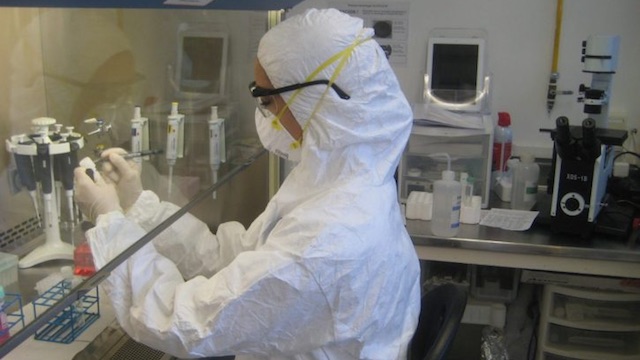
Researchers from the American Institute of Physics are working to create a new type of extremely powerful thin-film transistor. Experts believe that this technology could help to increase the power and effectiveness of a variety of devices, including the next generation of smartphones.
Over the years, transistors have dramatically shrunk in size thanks to Moore’s law. This law states that the number of transistors in a chip can be doubled approximately every 18 months; however, transistors have hit a point where it is simply impossible to scale them any further.
In order to overcome this challenge, scientists created a device concept that could dramatically increase the efficiency of transistors. The design involves adding a thin layer of ferroelectric material to the device producing a negative capacitance field-effect transistor (NC-FET). Should the concept prove conclusively effective, traditional transistors could compute at far higher levels while simultaneously needing less energy to run.
Scientists believe this work could have numerous applications and significantly change the world of transistors. Besides finding a new electronic switch that could greatly benefit the semiconductor industry, it could also be used to develop a comprehensive conceptual framework for a wide variety of phase-transition devices.
“Given the potential, there is a need for systematic analysis of the device concept. We found that the data from various groups has a wide scatter and researchers are using very different techniques to characterize their devices. This requires an integrated and comprehensive analysis of the existing data set.”
While the team is optimistic that their research on the subject of transistors will prove effective, others have a different opinion. Researchers have long debated the validity and merits of the frequency-reliability limits of NC-FETs and quasi-static NCs — but scientists working on the subject are determined to prove their theories correct.
Researchers are hopeful that their efforts to discover and demonstrate a new breed of transistor will unite their colleagues and give them a unified front on this important topic. Once this has been accomplished, it will pave the way for the next generation of transistors that are faster, more powerful, and more efficient than we ever imagined possible.
